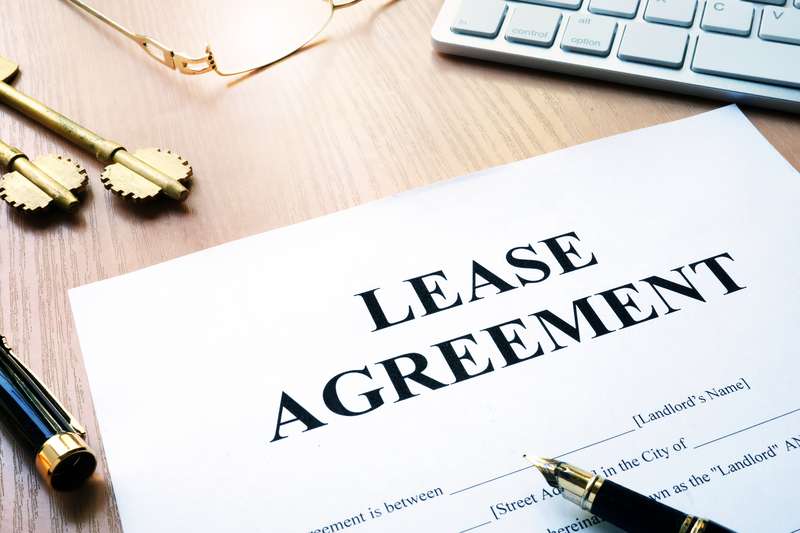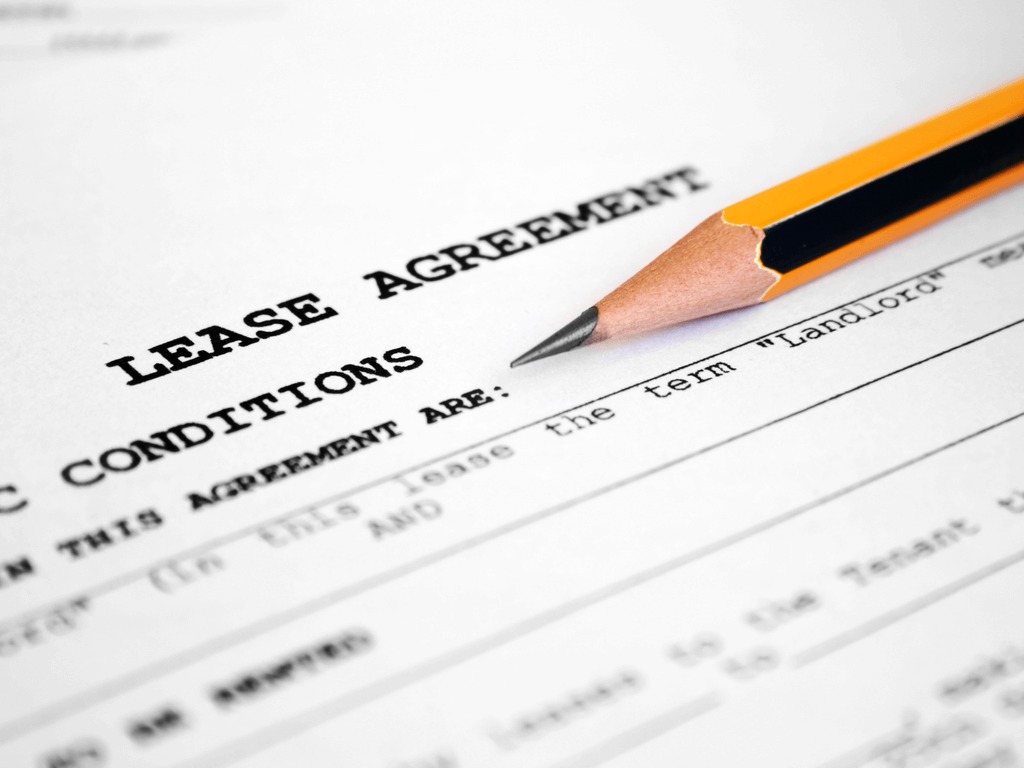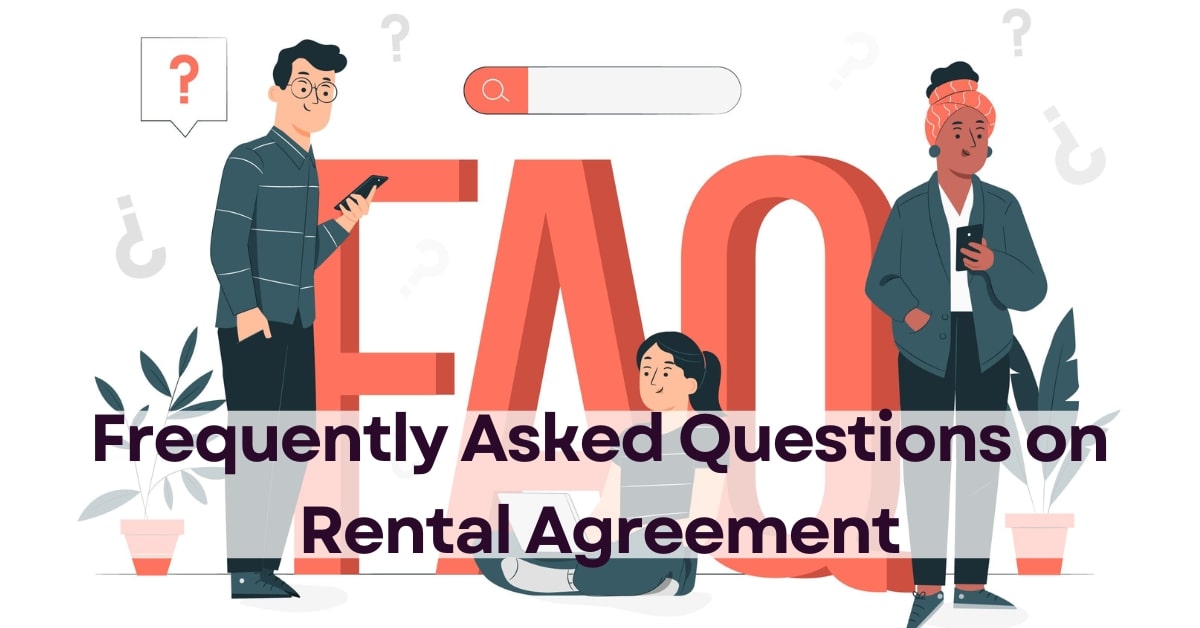Navigating the complexities of renting property in Vietnam requires a clear understanding of Lease Agreement Contract. Whether you’re an expat or a local, knowing the ins and outs of rental contract is crucial for a smooth and legal renting experience. This guide will walk you through essential components of a Lease Agreement Contract in Vietnam practical tips for drafting and signing the lease contract. Let check them out this article below!
What is a Lease Agreement Contract?
Lease agreement contract, also known as a rental contract, is a legally binding document between a landlord and a tenant. This contract outlines the terms and conditions under which the tenant agrees to rent a property owned by the landlord. The agreement ensures that both parties are aware of their rights and responsibilities, minimizing potential conflicts and misunderstandings.
Components of a Lease Agreement Contract
A well-drafted lease agreement contract should include the following components:
- Parties involved: Clearly identify the landlord and the tenant, including their full names and contact information.
- Property details: Describe the rental property, including its address, type (e.g., apartment, house), and any specific features or amenities.
- Rental terms: Specify the lease duration, start and end dates, and conditions for renewal or termination.
- Payment terms: Outline the rent amount, payment schedule, acceptable payment methods, and penalties for late payments.
- Security deposit: State the security deposit amount, conditions for its return, and circumstances under which deductions can be made.
- Maintenance and repairs: Define the responsibilities of both parties regarding property maintenance and repairs.
- Utilities and Services: Clarify which utilities and services are included in the rent and which are the tenant’s responsibility.
- Restrictions and rules: Include any property usage restrictions, such as prohibitions on subletting, keeping pets, or making significant alterations.
- Termination conditions: Detail the conditions under which the lease can be terminated by either party, including notice periods and breach consequences.
Lease contract sample
Legal framework related in renting apartments in Vietnam
Relevant laws and regulations
Vietnamese lease agreements are governed by several key pieces of legislation, including:
- Civil Code of Vietnam (2015): Provides the general legal framework for civil transactions, including lease agreements.
- Law on Housing (2014): Outlines specific regulations for residential leases, including tenant and landlord rights and obligations.
- Commercial Law (2005): Governs commercial leases and transactions related to business properties.
Rights and obligations of Landlords and Tenants
Understanding the rights and obligations of both parties is crucial for a fair and legal lease agreement. Here are some key points:
Landlord rights and obligations
- Right to rent payment: Landlords are entitled to receive rent as agreed in the lease contract.
- Property maintenance: Landlords must ensure the property is safe and habitable, handling major repairs and structural issues.
- Respecting Tenant’s privacy: Landlords must respect the tenant’s privacy and cannot enter the property without prior notice, except in emergencies.
Tenant rights and obligations
- Right to use property: Tenants have the right to use the property as specified in the lease agreement.
- Timely rent payment: Tenants must pay rent on time and as agreed in the contract.
- Property care: Tenants must take reasonable care of the property, handle minor repairs, and avoid causing damage.
Types of lease agreements in Vietnam
Residential Lease Agreement
Residential lease agreements are the most common type of lease contracts in Vietnam, especially in urban areas like Ho Chi Minh City and Hanoi. These agreements typically involve apartments, houses, or villas and cater to both locals and expats.
Apartment Lease Contract
An apartment lease agreement specifically covers the rental of apartment units. These agreements often include additional clauses related to shared facilities, building maintenance, and management fees. For example:
Commercial Lease Agreement
Commercial lease agreements apply to properties used for business purposes, such as offices, retail spaces, and warehouses. These agreements often have different terms and conditions compared to residential leases, reflecting the specific needs of businesses.
Important things to know before signing the Lease Contract
Lease term
Duration: The lease term refers to the length of time the lease agreement is in effect. This can range from short-term (a few months) to long-term (a year or more). Ensure that the lease term aligns with your plans.
Renewal and extension: Check if there are options to renew or extend the lease at the end of the term. Some contracts automatically renew unless you provide notice, while others may require a new agreement.
Early termination: Understand the conditions under which you can terminate the lease early. Some contracts may have penalties or specific notice periods required for early termination.
Monthly rent
Amount: Verify the monthly rent amount and any included utilities or services. Ensure this amount matches what you discussed with the landlord or property manager.
Increases: Be aware of any clauses that allow for rent increases during the lease term. Understand how much notice must be given before an increase and the maximum percentage by which rent can be raised.
Payment schedule: Note the date on which rent is due each month. Some leases may have a grace period, while others may charge late fees immediately after the due date.
>>> See more: 6 common costs of renting an apartment in Ho Chi Minh
Payment
Methods: Confirm the acceptable methods of payment (e.g., bank transfer, online payment or in cash) and if there are any associated fees.
Proof of payment: Ensure you receive a receipt or other proof of payment each month. This is important for record-keeping and in case of disputes.
Additional costs: Clarify if there are any additional costs beyond the monthly rent, such as maintenance fees, parking fees, or amenities charges.
Security deposit
Amount: The security deposit is typically two months’ rent, held by the landlord to cover any potential damages or unpaid rent. Remember to onfirm the exact amount required.
Conditions for return: Understand the conditions under which the security deposit will be returned at the end of the lease. This includes how long the landlord has to return the deposit and any allowable deductions for damages or cleaning.
Documentation: Document the condition of the apartment at move-in with photos or a checklist. This can help prevent disputes over damage claims when you move out.
Late charges
Amount: Check the lease for any late charges if you fail to pay rent on time. Understand how these charges are calculated (e.g., flat fee, percentage of rent) and when they are applied.
Grace Period: Some leases include a grace period (e.g., a few days after the due date) during which you can pay rent without incurring late charges.
Communication: If you foresee a delay in payment, communicate with your landlord as soon as possible. Some landlords may be willing to work out an arrangement to avoid late fees.
Termination conditions
Notice period: Understand the notice period required to terminate the lease, both at the end of the lease term and for early termination. In case, if the Tenant would like to terminate the contract before its expiry date, you shall be responsible for the notice to the Landlord at least 1 (one) month in advance.
Conditions for early termination: Review any specific conditions or penalties for early termination, such as forfeiting the security deposit or paying a fee.
Subletting and assignment: If you need to move before the lease term ends, check if subletting or assigning the lease to another tenant is allowed. Ensure you understand the process and any associated costs.
How to draft a Lease Agreement Contract
Step-by-step guide
- Gather information: Collect all necessary information about the property, landlord, and tenant.
- Use a template: Start with a lease agreement template to ensure all essential components are included.
- Customize the template: Modify the template to reflect the specific terms agreed upon by both parties.
- Review legal requirements: Ensure the contract complies with Vietnamese laws and regulations.
- Include necessary clauses: Add any additional clauses that address specific needs or preferences.
- Proofread and finalize: Carefully review the draft for any errors or omissions before finalizing.
Tips for a strong rental contract
- Clarity: Use clear and concise language to avoid misunderstandings.
- Detail: Be thorough in detailing all terms and conditions.
- Legal compliance: Ensure the contract complies with all relevant laws and regulations.
- Fairness: Strive for a fair balance of rights and obligations for both parties.
Reviewing and signing the Lease Agreement Contract
Checklist for reviewing
Before signing a lease agreement, use this checklist to ensure all key points are covered:
- Verify Parties’ information: Confirm the accuracy of the landlord’s and tenant’s details.
- Check property list: Ensure the property details are correctly described.
- Review rental terms: Double-check the lease duration, rent amount, and payment terms.
- Confirm security deposit: Verify the deposit amount and conditions for its return.
- Assess maintenance clauses: Ensure maintenance responsibilities are clearly defined.
- Examine termination conditions: Review the notice periods and conditions for lease termination.
- Identify additional clauses: Check for any additional clauses and ensure they align with your agreement.
Signing procedure
The signing procedure for a lease agreement in Vietnam typically involves the following steps:
- Review and agree: Both parties review the final draft and agree to the terms.
- Sign the contract: Both the landlord and tenant sign the contract. If required, witnesses or notaries may also sign.
- Exchange copies: Each party should receive a signed copy of the contract for their records.
>>> See more: Tips to rent apartment for Expats in Ho Chi Minh
FAQs about Lease Agreement/Rental Contract in Vietnam?
1. What is the standard lease duration in Vietnam?
The standard lease duration in Vietnam typically ranges from one to three years for residential properties. Shorter leases of six months or even monthly terms can also be negotiated, but these are less common.
2. Can I sublease my rental apartment?
Subleasing is generally not allowed unless explicitly stated in the lease agreement. Most landlords prefer to have direct control over the tenancy and may include clauses that prohibit subleasing.
3. What happens if I want to terminate my lease early?
Terminating a lease early can be complicated and may involve penalties. The lease agreement should specify the conditions under which early termination is allowed, as well as any associated fees. Typically, tenants are required to give notice, usually one to two months in advance, and may forfeit their security deposit.
4. What should I do if I want to renew the lease contract?
If you wish to renew your rental contract, it is advisable to notify your landlord one months before the lease expires. Discuss any changes in terms, such as rent adjustments, and ensure that a new lease agreement is signed to avoid any legal complications.
5. Can I get the deposit back if I leave early?
Generally, if you terminate the lease early, you may not be refunded the deposit, but the Landlord will refund the unused portion of the advance rent (if any). And you have responsibility to pay all the utilities bills such as electricity, water, internet, gas.
6. What happens if the landlord takes over the apartment before lease expiry date?
This is usually a breach of contract. In this case, The Landlord side shall be responsible to refund the deposit, paid rental but not use (if any) and compensate an amount equivalent to the deposit to the Tenant.
By following this comprehensive guide, you can confidently navigate the process of renting property in Vietnam, ensuring that your Lease Agreement Contract is thorough, fair, and compliant with local laws.
If you have any questions or concerns about renting apartments in Ho Chi Minh City, please contact Visreal to get more detailed information and quickly support.







